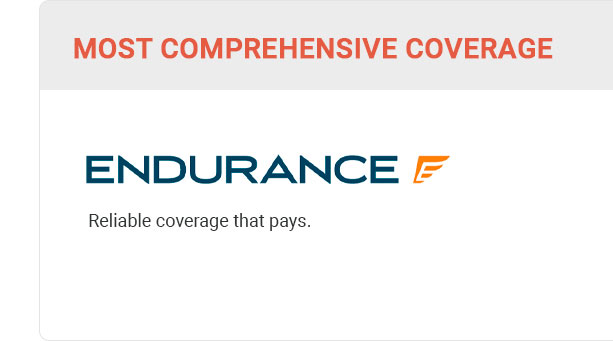 |
 |
 |
 |
 |
 |
 |
 |
 |
 |
|||
 |
 |
|||
 |
 |
|||
 |
 |
|
|||||||
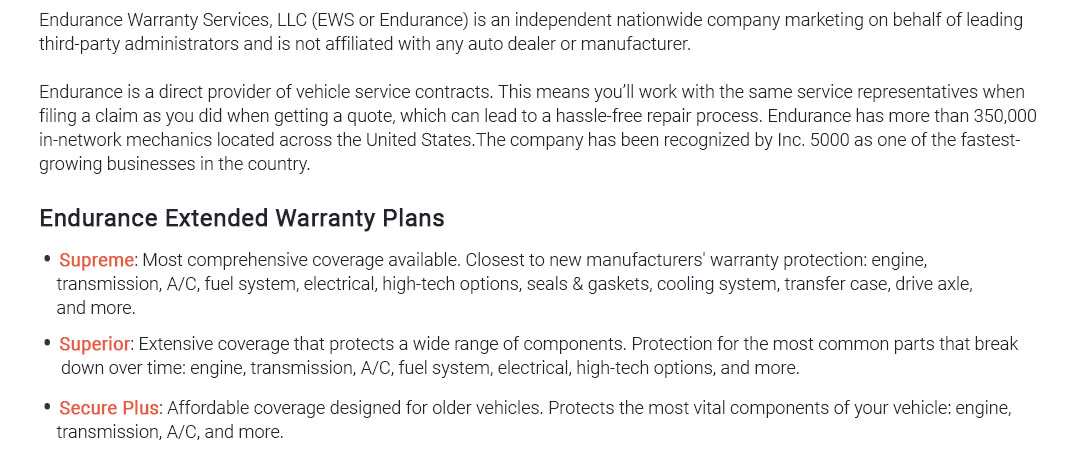 |
|||||||
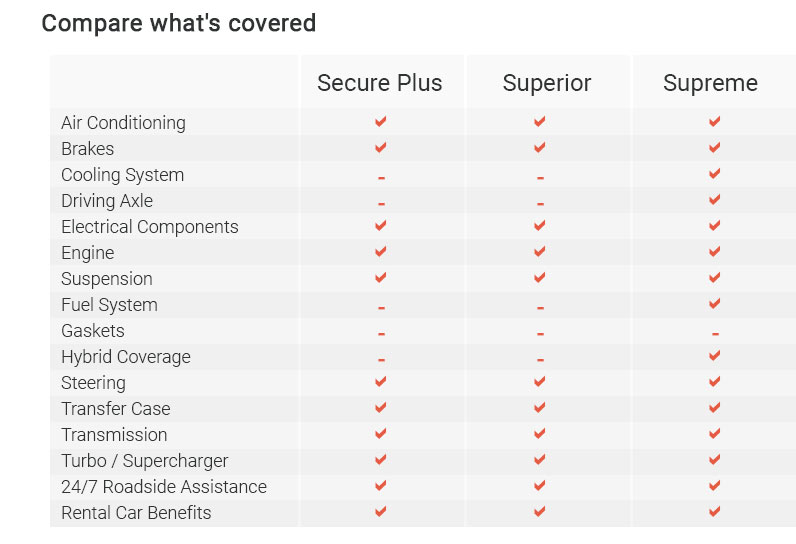 |
|||||||
 |
|||||||
 |
|||||||
|
|||||||
|
||||||
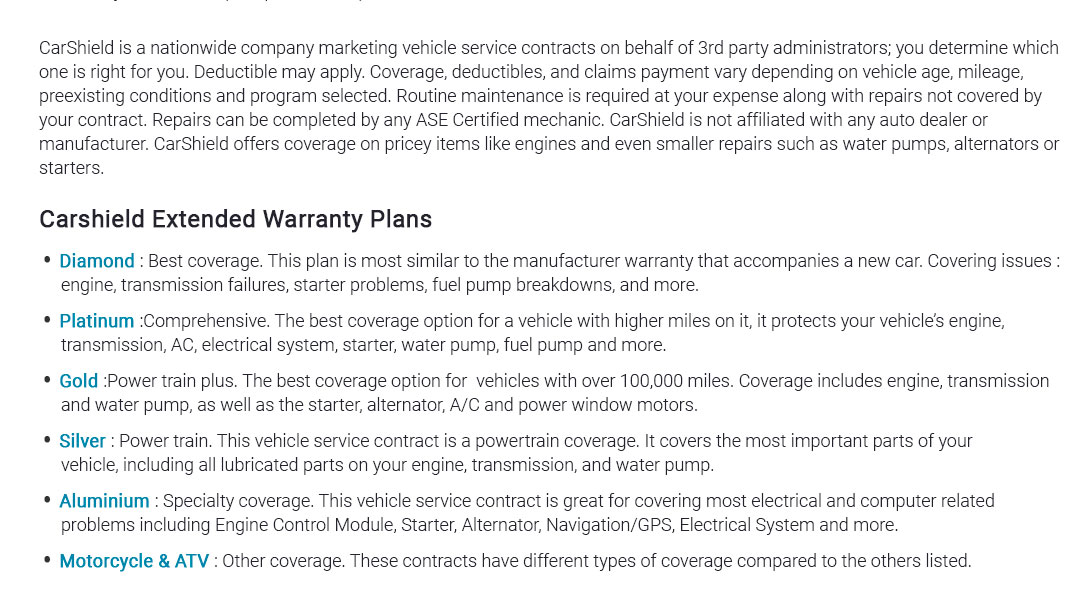 |
||||||
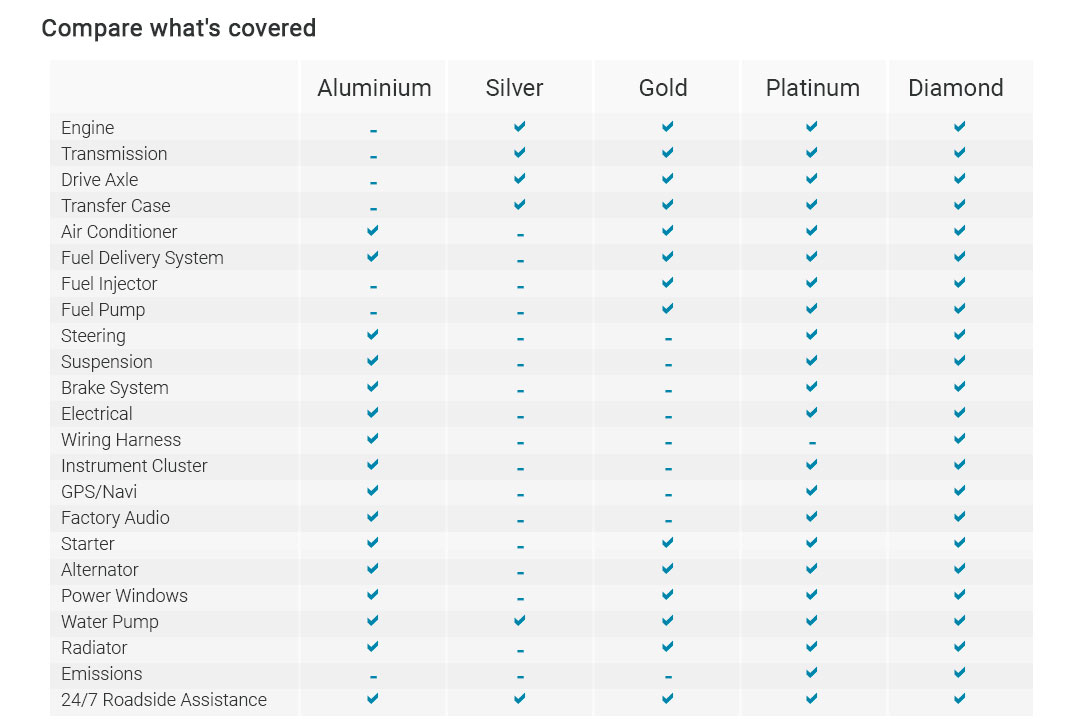 |
||||||
 |
||||||
|
 |
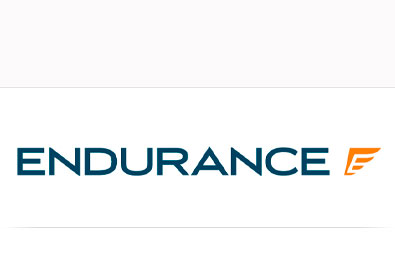 |
 |
 |
 |
 |
 |
|||
 |
 |
|||
 |
 |
The Intricacies of Automobile Extended Warranty Companies: A Comprehensive ExplorationAutomobile extended warranty companies have become a pivotal player in the landscape of vehicle ownership, offering peace of mind to millions of drivers worldwide. These companies, often seen as a lifeline for those wary of unforeseen repair costs, operate in a realm that requires careful consideration and informed decision-making. The extended warranty, at its core, is a service contract that promises to cover specific vehicle repairs beyond the manufacturer's warranty period. However, the nuances of these warranties can be as intricate as they are varied, necessitating a closer look for any prudent car owner. When considering an extended warranty, one must first understand the types of coverage available. Typically, these warranties fall into a few categories: powertrain, bumper-to-bumper, and specialty plans. Powertrain warranties cover the engine, transmission, and other essential components, whereas bumper-to-bumper plans provide more comprehensive protection but often at a higher price point. Specialty plans may focus on particular systems like electronics or air conditioning, catering to the unique needs of different vehicles and owners. The choice of provider is another critical factor. Automobile extended warranty companies vary widely in reputation, reliability, and customer service quality. It is imperative to conduct thorough research, which includes reading customer reviews, evaluating the company’s financial stability, and understanding their claims process. A company that boasts excellent customer service and a straightforward claims process can make all the difference in times of vehicular distress. Moreover, pricing strategies among these companies can differ significantly. While some providers offer low upfront costs with high deductibles, others may charge more initially but offer low or no deductibles. The decision here often depends on one’s financial situation and risk tolerance. It is crucial to scrutinize the fine print, as hidden fees can sometimes surface unexpectedly. There are also potential pitfalls to be wary of. Some companies might employ aggressive sales tactics or make promises that seem too good to be true. It is wise to approach such offers with caution and skepticism, ensuring that all terms are clearly defined and understood. Transparency and honesty should be the cornerstones of any agreement. For those on the fence about purchasing an extended warranty, considering the vehicle's age, model, and current condition can provide clarity. Older vehicles or those known for reliability issues might benefit more from the added protection, whereas a newer car with a solid track record may not justify the expense. In conclusion, automobile extended warranty companies offer a valuable service that, when chosen wisely, can provide financial security and peace of mind. By understanding the various coverage options, scrutinizing potential providers, and considering personal needs and circumstances, car owners can make informed decisions that best suit their individual requirements. With the right approach, an extended warranty can transform from a mere contract into a valuable investment in one's automotive future. https://www.imarcgroup.com/top-extended-warranty-companies
List of Top Companies Operating in the Extended Warranty Industry: - 1. Allianz Assistance (Allianz SE) - 2. American International Group Inc. - 3. AmTrust ... https://www.cartalk.com/extended-warranties
Based on our extensive research of third-party contract providers, we recommend CARCHEX or Endurance. https://www.cars.com/car-warranty/money/best-extended-car-warranty-plans/
The best extended car warranty companies offer comprehensive coverage, flexible payment options, excellent customer service and a track record of helping ...
|



